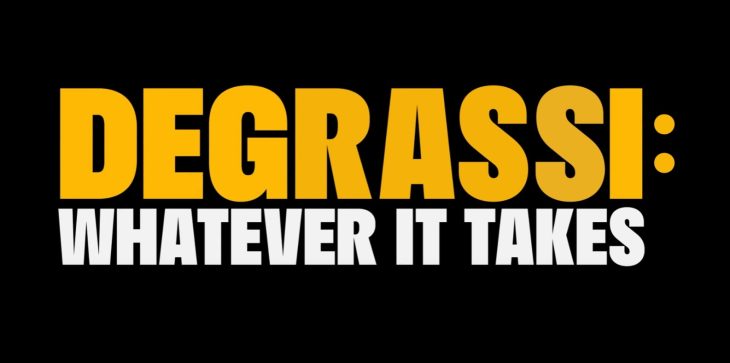
By Ahmad Hathout
The co-creator of the Degrassi franchise and the makers of a documentary about the hit Canadian show have settled Wednesday a short-lived legal dispute that centered on the film’s alleged suggestion that the long-time producer enriched herself at the expense of underpaid child actors.
WildBrain and Peacock Alley Entertainment have agreed with Linda Schuyler to continue the scheduled world premiere and subsequent screenings of the original documentary at the Toronto International Film Festival (TIFF) this weekend, but “future distribution beyond TIFF” will “add some additional context around the compensation paid to the performers.”
As first reported by Cartt, Schuyler filed suit on Monday in Ontario Superior Court to stop the airing of the documentary, Degrassi: Whatever It Takes, in its original form because it allegedly suggests that she reaped the fruits of an “empire” at the expense of the actors, two of whom allege in the documentary that they were paid only $50 per day.
“From the beginning, it was important to me, and to the whole Degrassi team, to do what we could to set our young performers up for success,” Schuyler said in a statement. “The cast was paid much more than $50 a day. We also created and contributed on their behalf to a retirement fund and a scholarship foundation that provided them with opportunities for counselling and supported them into the future.”
When asked for comment, WildBrain deferred to a statement on its website, which mirrors that provided by Schuyler’s team.
Schuyler, who created the show with the late Kit Hood in 1979, sold the Degrassi franchise and her production company that owned the show’s rights, Epitome Pictures Inc., to WildBrain in April 2014.
WildBrain announced in December 2023 that it was producing the documentary, which would feature behind-the-scenes footage and interviews with actors from the show.
Schuyler said in the original lawsuit that she was approached by the producers about an interview and agreed. She claims she also pointed them to the scripts and contracts with the actors, which had been donated to the University of Toronto, her alma mater, for their review.
She claimed she was interviewed twice, in April 2024 and the month after that. “She was not told about the content of the other interviewees’ interviews or asked to comment on the information they provided, including the statements made by Amanda Stepto and Stacie Mistysyn,” which were that the actors were paid only $50 per day, the suit claimed.
According to the suit, on August 11, 2025, Peacock Alley’s President, Carrie Mudd, went to Schuyler’s home for a pre-screening of the documentary.
Besides being “taken aback” by the claims that the actors were not compensated fairly and the alleged suggestion that she profited at their expense, Schuyler also alleged the documentary contained a “suggestion that the storylines for the Degrassi series were stolen from the actors’ lives.”
Schuyler said these defamatory statements and innuendo are false. She claimed the child actors were not only paid much more than $50 per day, but also “well in excess” of then-applicable union rates.
Other forms of compensation for the child actors, Schuyler claimed, included acting lessons, general entertainment career and financial management counselling; payment in an amount equal to an additional 20 per cent of the child actors’ performance fees into a registered retirement savings plan for the benefit of each child actor; and a percentage of each season’s production budget set aside for the benefit of a not-for-profit entity that facilitates scholarships for post-secondary education and professional services of psychologists.
As for her enrichment, Schuyler claimed those first three Degrassi series struggled to recoup their production costs, and revenue from ancillary sources like merchandise and home video sales “was negligible or non-existent.”
She also claimed the storylines were “reflective of topical political and social issues from the perspectives of young people and had significant universal appeal for both the young audience and the cast” and each script the work of a “professional writer and the product of extensive research.”
Photo via Degrassi: Whatever It Takes trailer for TIFF



